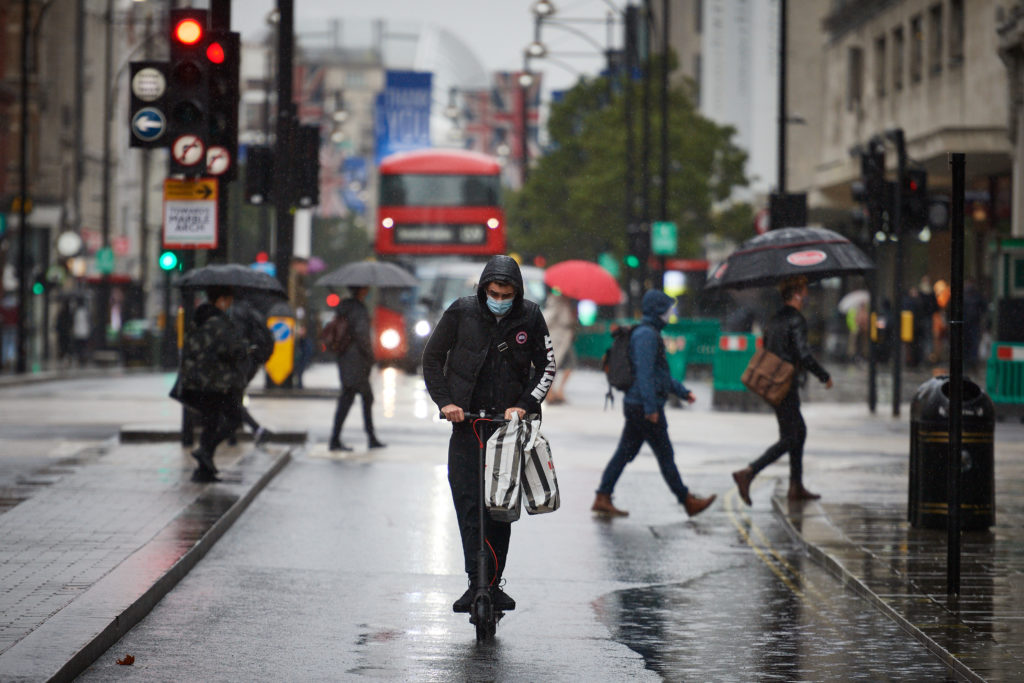E-SCOOTERS and e-bikes will be given a stamp of government approval to be driven legally on Irish roads, Minister for Transport Eamon Ryan has announced.
Government has approved plans to draw up legislation around the new and increasingly popular modes of transport, which have existed in something of a legal grey area until now.
The plans will introduce a new vehicle category, powered personal transporters, which can be legally used in public – providing some safety standards are met.
Commenting on the news, Mr Ryan indicated that tax, driving licences and insurance will not be a legal requirement.
The legislation will be outlined in the forthcoming Road Traffic (Miscellaneous Provisions) Bill.
The law will draw distinctions between e-bikes depending on their size, speed, and power.
While most e-bikes will be considered the same as bicycles in the eyes of the law, more powerful models will be classed alongside light mopeds.
“E-scooters have become an increasingly popular form of personal mobility in a short period of time,” Mr Ryan said.
“However, these devices are not legal under current Irish road-traffic law. I am implementing the commitment in the programme for government to regulate their use . . . so that they can be used in a safe manner.”
 e-scooters
e-scootersThe laws will bring Ireland in line with other European countries, including France and Denmark, where the novel modes of transport have already been regulated.
With their combination of convenience, eco-friendliness, and let’s face it, downright fun, their appeal to a growing number of metropolitan users is not surprising.
It remains unclear as to when the legislation will come into effect.
A Dutch e-scooter company, Dott, which operates in 16 cities has recently urged the Dutch government to consider what steps can be taken to make the activity safer for riders.
Some recommendations were a minimum age of 16 years, compulsory helmets for 16-18-year olds, an upper speed limit of 25km/h, a ban on footpath use, and a comprehensive insurance package to be provided by companies offering rental services.
Like Dott, a host of other scooter rental companies are eagerly awaiting regulatory approval in Ireland. In addition to improving the safety of their products, regulation will help to keep competition on an even playing field, ensuring that all companies stick to the rules.
The e-scooter and e-bike business is currently booming, and many will see regulation as an exercise of catchup between the demand for the devices and the legal framework around them.
Last October, Halford’s store reported a 700% increase in scooter sales over a two-month period.

